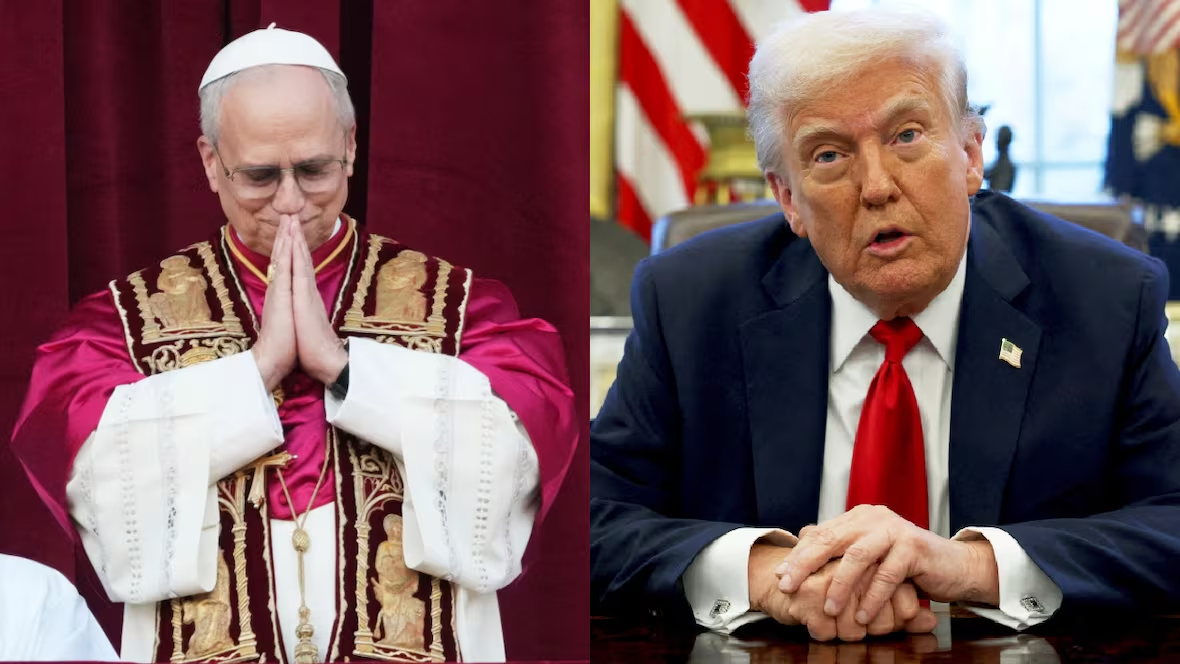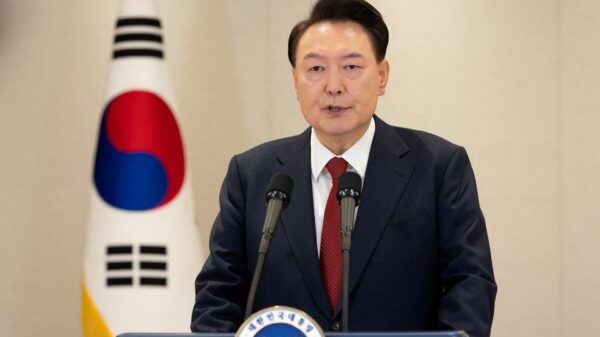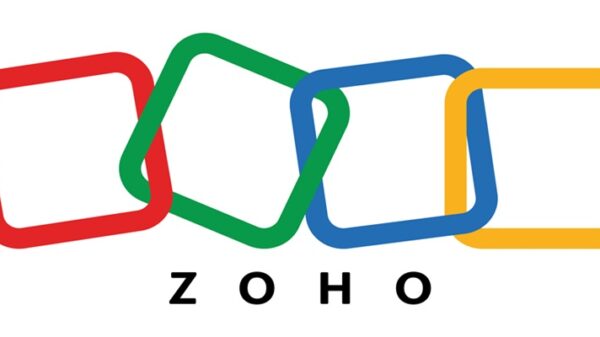European Union has formally accused Meta and TikTok of breaching the bloc’s Digital Services Act (DSA), placing both tech giants at risk of facing substantial fines.
The European Commission announced on Friday that Meta’s Facebook and Instagram platforms, along with TikTok, failed to comply with several provisions of the DSA, which mandates large online platforms to curb illegal content and ensure fair competition.
This marks the first time Meta has been officially charged with violating the regulation, an allegation the company strongly denies.
According to the Commission, both companies failed to provide researchers with adequate access to public data, a requirement aimed at assessing the societal impact of online platforms, particularly on children.
“Transparency is not the only issue,” EU regulators said. “Researchers must be able to carry out essential work to ensure accountability and protect users.”
TikTok, owned by China’s ByteDance, responded that it remained committed to transparency but highlighted challenges in reconciling the DSA with the EU’s General Data Protection Regulation (GDPR).
Meta was also accused of failing to offer user-friendly tools for reporting illegal content and of deploying deceptive design practices—known as “dark patterns”—that may discourage users from appealing moderation decisions.
“The DSA requires platforms to clearly explain their content-moderation decisions, which Facebook and Instagram have not done,” the Commission stated.
Meta rejected the claims, asserting that it had updated its systems to comply with the law. “We disagree with any suggestion that we have breached the DSA,” the company said.
Ravenewsonline reports that the EU’s findings come amid diplomatic tensions with the United States, where President Donald Trump has criticized the DSA as hostile to American tech firms and threatened retaliatory tariffs.
The Commission said enforcement of the DSA would continue regardless of political pressure.
Meta and TikTok will now have the opportunity to respond to the allegations and propose remedies. If the Commission finds their responses inadequate, it may impose significant fines per breach and per platform.
EU digital spokesperson Thomas Regnier defended the law, stating that the DSA protects free speech by empowering users to challenge unilateral decisions made by tech companies.
Both Meta and TikTok are also under separate EU investigations into whether they adequately address the addictive nature of their platforms for younger users.
![]()




























































